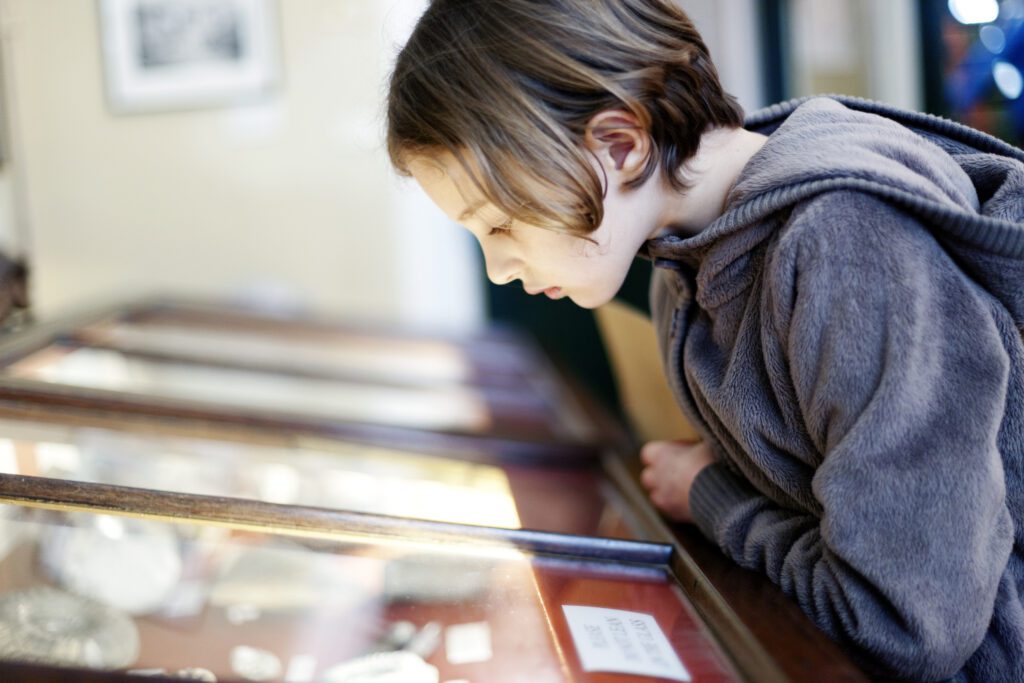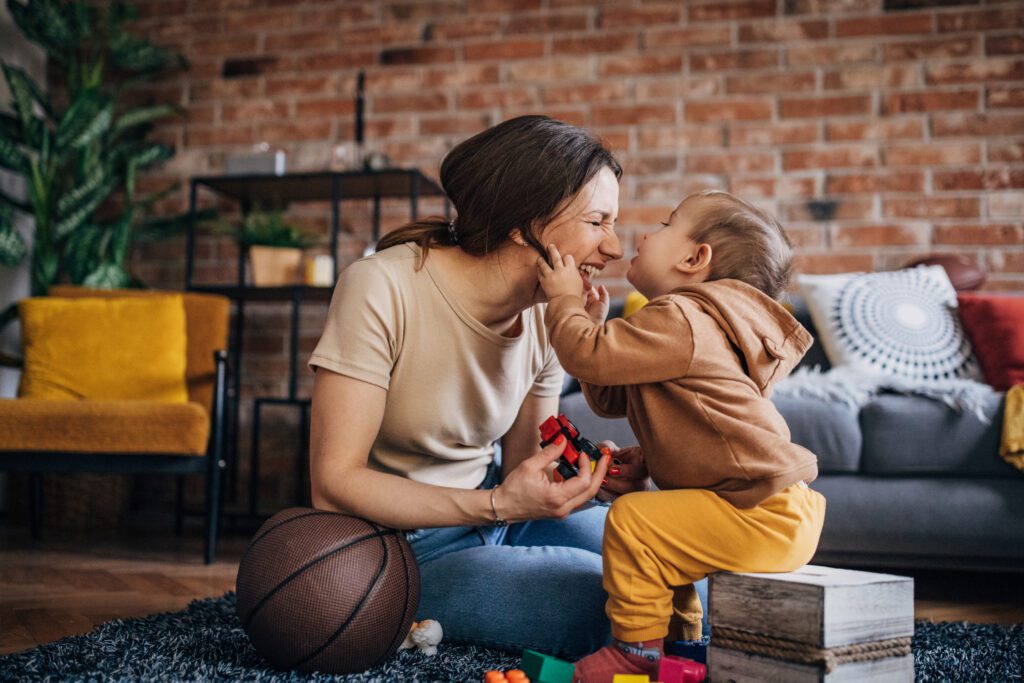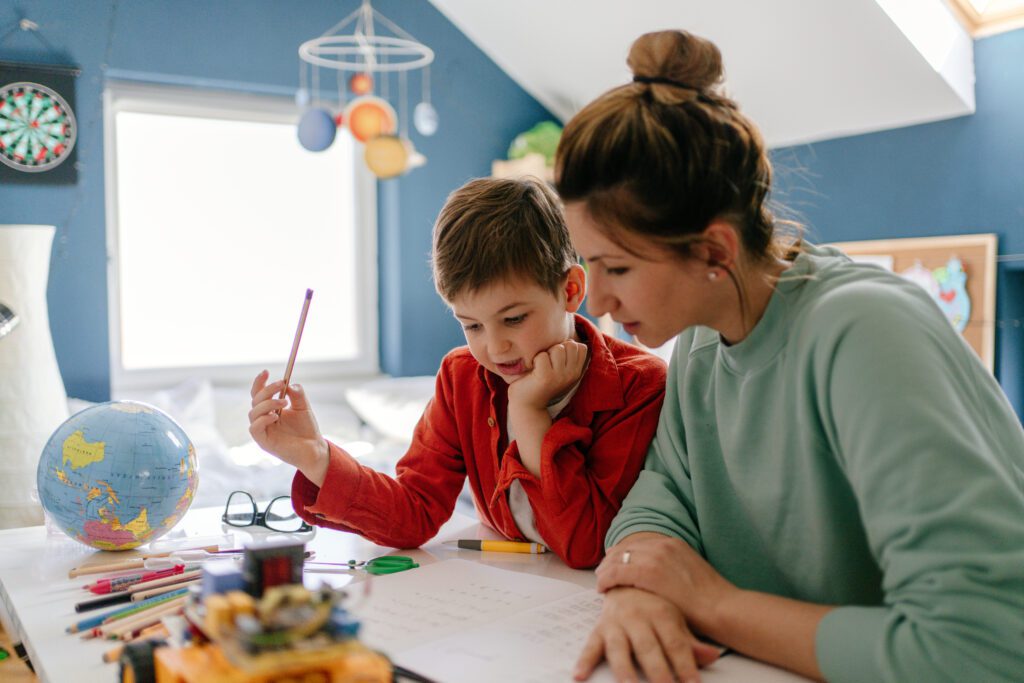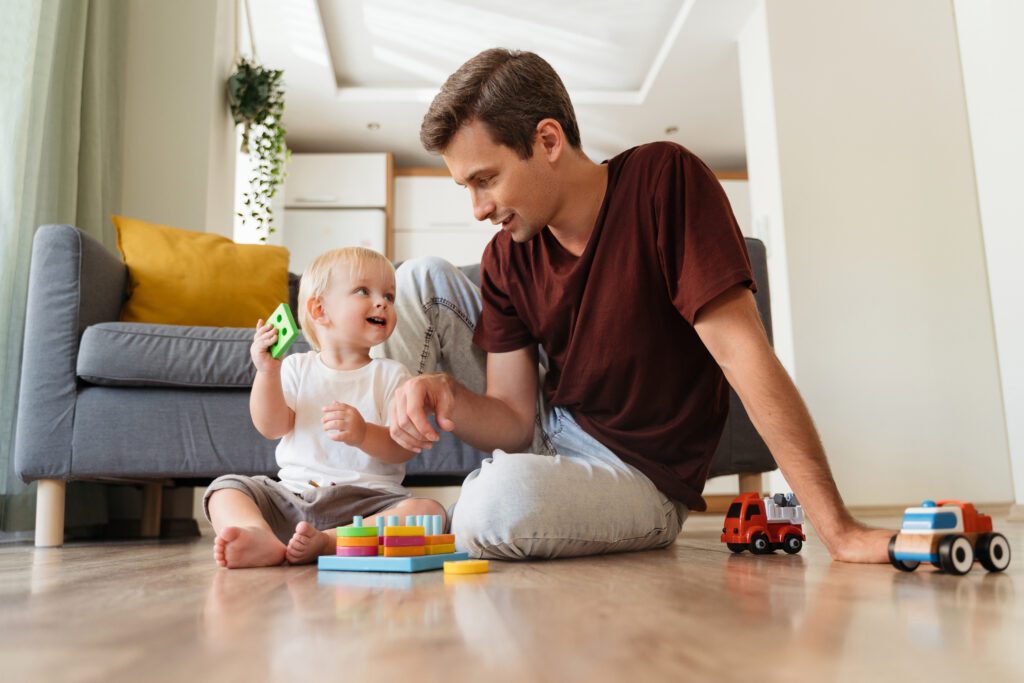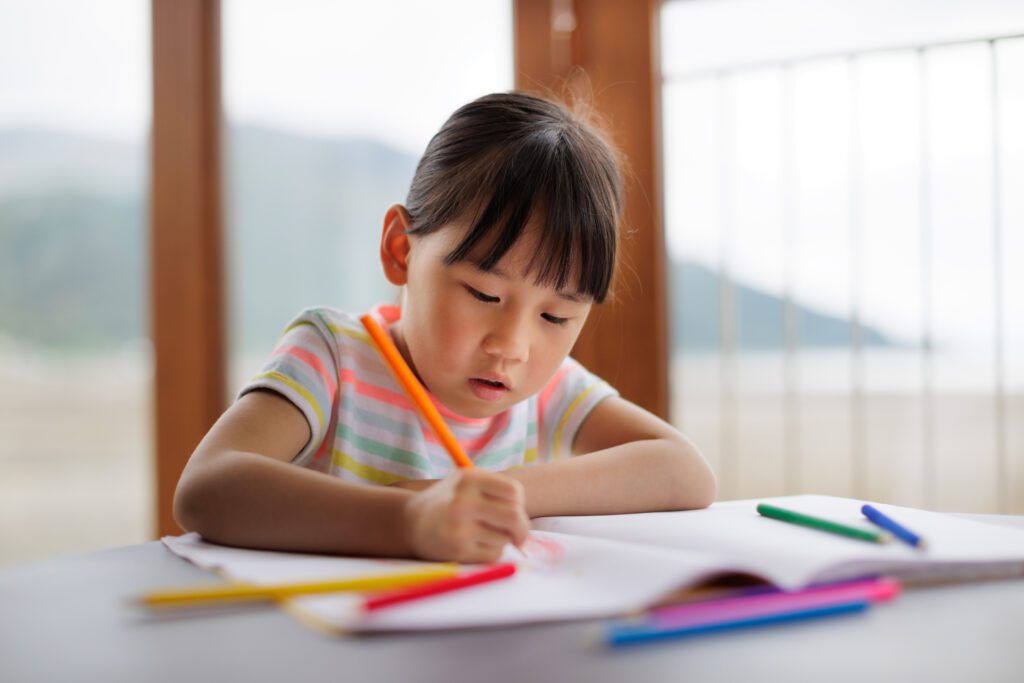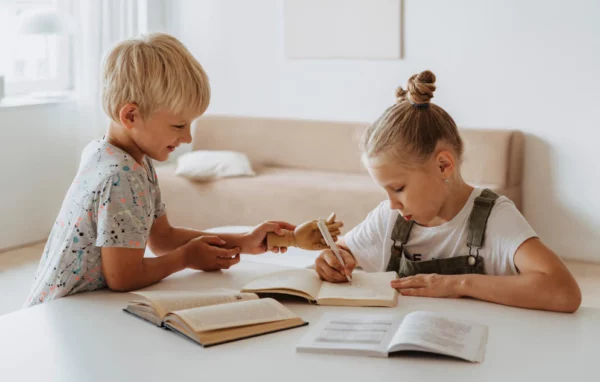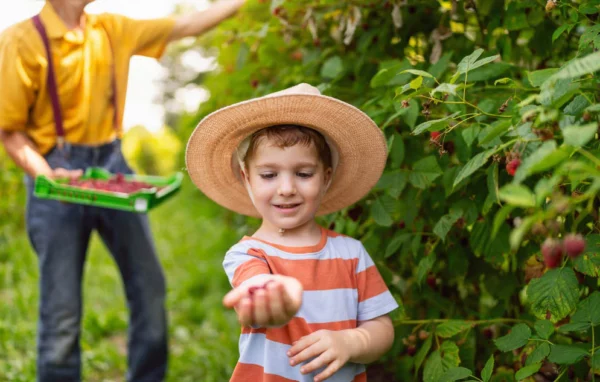

Invest in our Planet
Share
Living in Glasgow, I could not fail to see and hear ALL about COP26 in November 2021. It was a huge deal for the city of Glasgow. There were representatives from across the world visiting our city to talk about climate change and although there was lots of information around, I’ll be honest, I still didn’t really make many changes to my lifestyle. It’s not that I didn’t want to. It’s just that I didn’t really think that anything I could do would make that much difference. And you may be thinking that too.
For World Earth Day 2022, I decided that it was time for me to revisit my good intentions. Because, if we don’t care about our planet, then who will?
The theme this year is #InvestInOurPlanet so, how can we make sustainable changes and perhaps more importantly, how do we get our families involved? This is what I learned:
- Follow the 3 R’s – reduce, reuse, recycle. Here’s a helpful video about the 3 R to explain this concept to young children.
- Get the children involved – your children are taught about sustainability at school and it’s possible they may have ideas to teach you about sustainability themselves. If you ask for their ideas on how to help, they will feel more confident and motivated about getting involved,
- Don’t worry about making huge changes all at once – all our small changes will add up to making a difference. You’ll find that your children will respond more positively if you ease them into the change.
- Spend time as a family outdoors – children love to explore, and we can use this to encourage not only their physical and mental health but also an awareness of the natural world. On days when you can’t get out and about why not look at Google Earth and explore further afield?
- Rethink how we travel – leave the car at home when you can. Young children love to go on public transport and see it as an adventure. Also walking and bike trips can be seen as just as much fun whilst being a healthier option.
- Shop local.
- Read children’s books on sustainability – Best Books for Children on Sustainability.
It is good to see that the Scottish Government are also taking steps to make our country more sustainable with the proposed restrictions on single use plastics coming into force from June 1st. There is plenty of advice on how you too can make a difference.
But what if you really want to get your family involved then make it FUN?
Here some activities for you to try at home.
Make your own worm farm
To make your own worm farm, you will need the following:
- A transparent container: e.g. Glass containers or small aquariums work well, but these must always have air holes in the top, drainage holes in the bottom, and a cover to prevent escapees, excess rain damage, and the attention of hungry birds!
- Bedding: You can use shredded newspaper or garden soil layered with sand. Fill the container about two thirds of the way full and make sure the bedding is moist – neither wet nor too dry.
- Worm hunting: The most fun part of this activity! Digging in the earth and enticing the worms out is not as easy as you may think.
- Food scraps: Avoid meat scraps or dairy foods if you want your worms to survive and keep pests like maggots from breeding in your worm farm. Cut the food up into small pieces and only add more once the previous batch has been eaten. This can take more than one day.
- Darkness: Worms don’t like sunlight- it tends to dry out the skin (which they breathe through). So make sure containers are kept in cupboards, dark places or covered with black paper to keep the light out.
DIY Mini Greenhouse
A mini-indoor greenhouse can be created reusing cardboard egg containers, yogurt cups, clear salad containers, and in fact any food container that can be covered. Just fill each depression with soil or soilless mix, plant seeds, moisten and cover with plastic wrap.
Old plastic sheeting or bags can also easily be turned into simple versions of indoor mini greenhouses. Use skewers or twigs for supports, cover with plastic, and then tuck the plastic in around the bottom of the structure to keep the heat and moisture in.
If we truly want to make a difference, then it is our responsibility to teach our children to care for and #InvestInOurPlanet.



